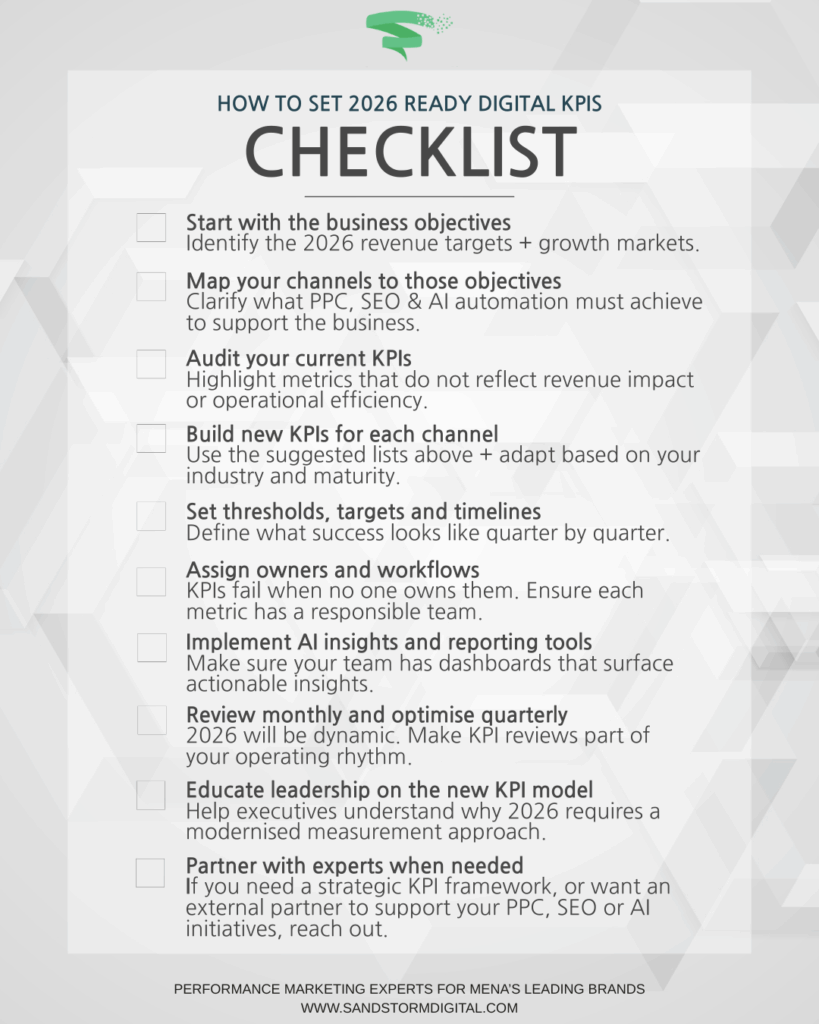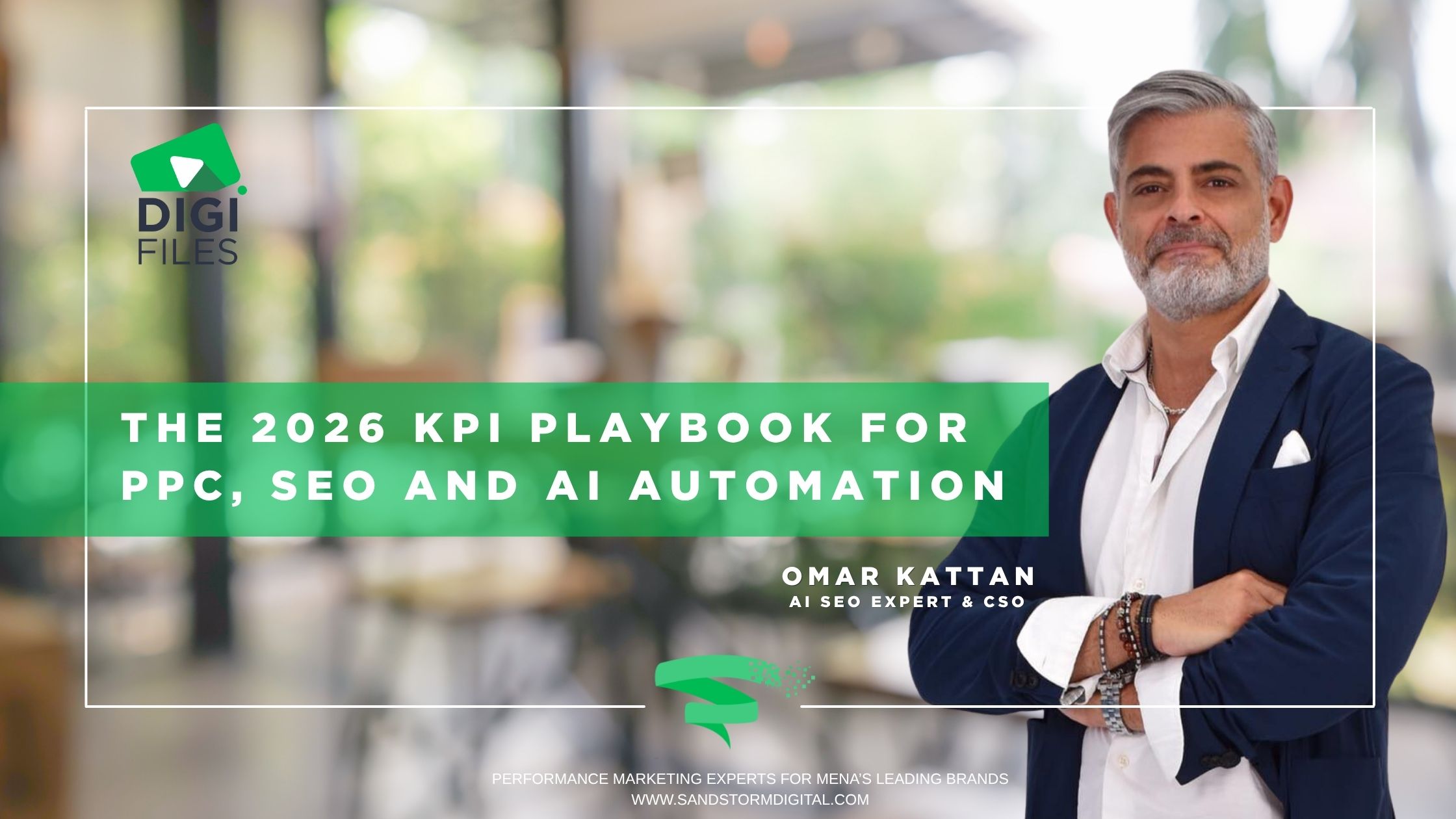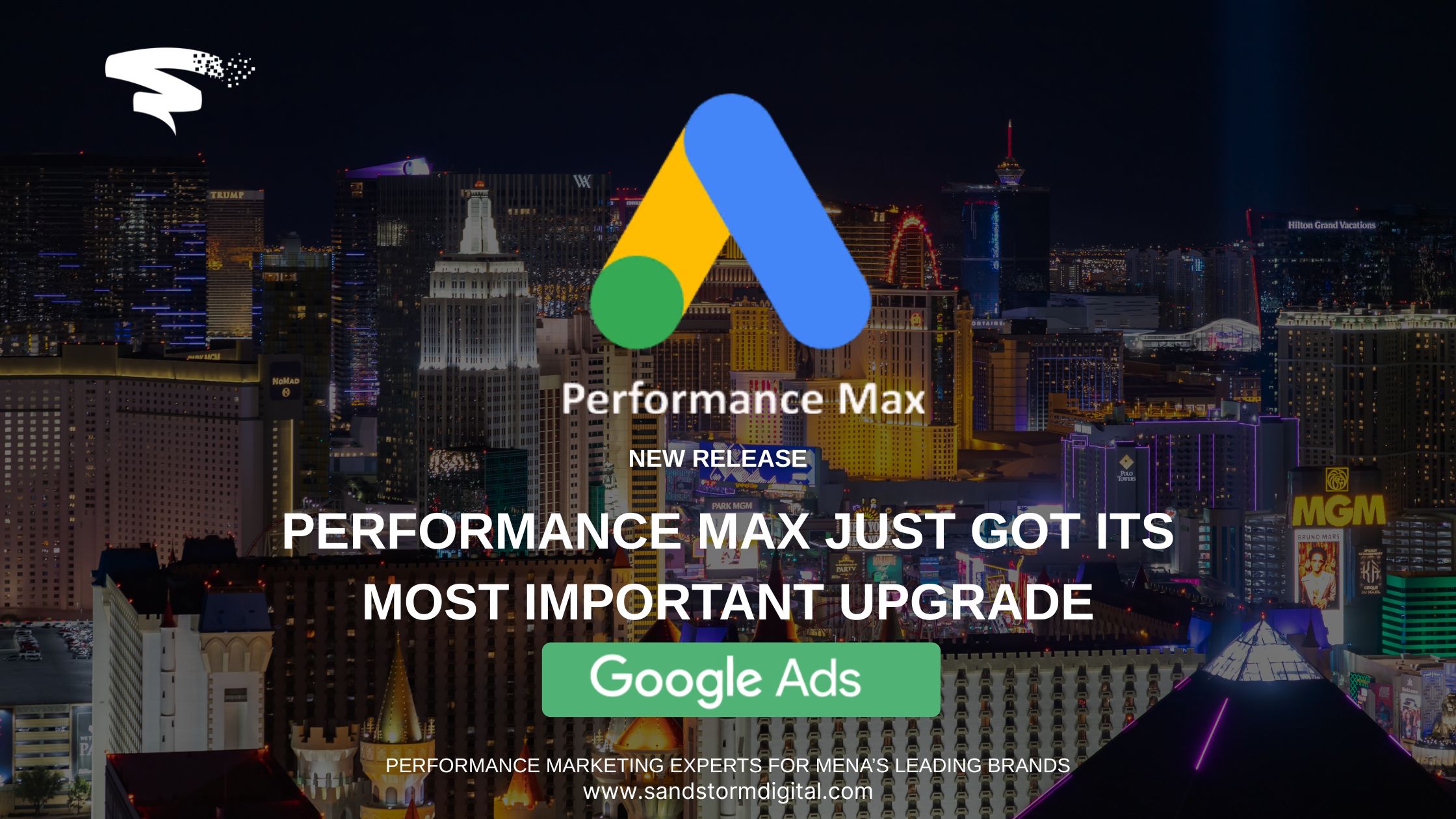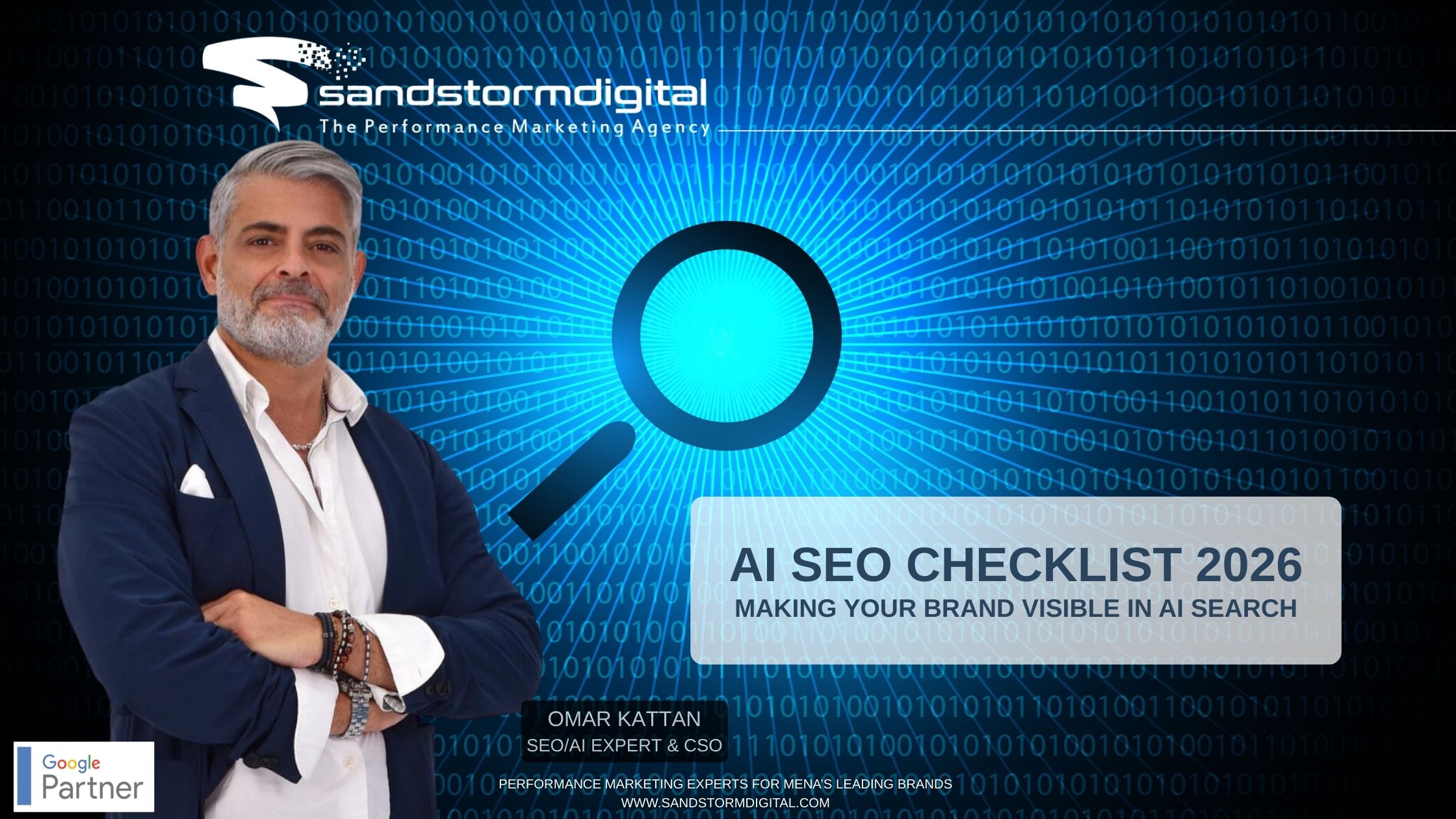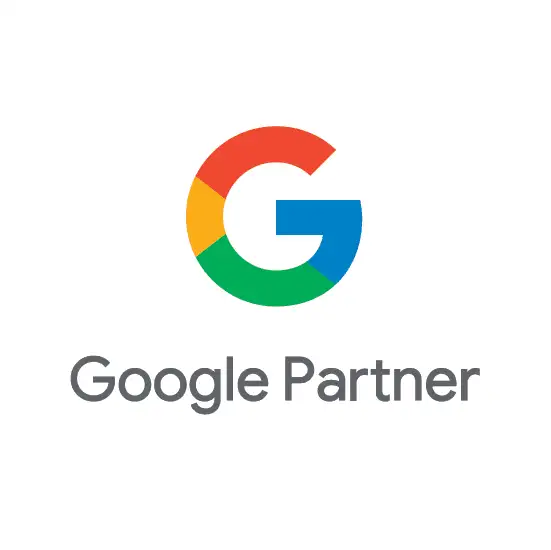Why 2026 Requires a New KPI Mindset
Marketing measurement has changed. Search behaviors are shifting, platforms rely heavily on AI and the customer journey has become multi layered. Traditional KPIs like clicks, impressions and average position no longer represent success for large enterprise organizations.
2026 requires KPIs that tie directly to pipeline impact, cost control and operational efficiency. The right KPIs help your teams focus on what matters. They also help you secure budget and executive buy in by proving measurable value.
PPC KPIs for 2026
Paid search now requires more precision than ever. Costs are rising and competition is tougher. You need KPIs that prioritize profitability and efficiency.
High impact PPC KPIs
- Cost per qualified lead
- Cost per pipeline opportunity
- Revenue per impression
- Percentage of budget controlled by automation with human oversight
- Incremental lift from PPC versus other channels
- Share of converting search queries
- Landing page engagement quality score (scroll depth, interaction rate)
What this achieves
These KPIs help large organisations reduce wasted spend, identify the campaigns that actually move revenue and manage automation more effectively.
SEO KPIs for 2026
SEO has become entity driven, answer focused and reputation centred. Rankings still matter, but they are no longer enough for enterprise growth.
High impact SEO KPIs
- Share of intent across commercial and informational queries
- Content velocity aligned with search demand
- Entity authority and brand presence in AI powered search experiences
- Organic contribution to assisted conversions
- Visibility in SERP features including AI summaries
- Engagement depth on organic landing pages
What this achieves
These KPIs allow your team to track whether SEO content influences buying decisions, supports long journeys and builds long term brand strength.
AI Automation KPIs for 2026
Enterprise marketing operations are now heavily influenced by AI. To ensure AI is delivering value, you need KPIs that measure its impact on productivity, quality and results.
High impact AI automation KPIs
- Time saved through automation across campaign building, content creation and reporting
- Percentage of repetitive tasks automated
- Reduction in optimisation cycles
- Quality score improvements driven by AI generated insights
- Accuracy and adoption rate of AI forecasting models
- Human in the loop review compliance
What this achieves
These KPIs help you monitor whether AI is driving operational efficiency without compromising quality or brand control.
A KPI Framework That Works Across Departments
A strong KPI model should align marketing, sales and leadership. To do this, define KPIs in three layers:
- Business KPIs
Revenue, pipeline influence, CAC efficiency, lifetime value. - Channel KPIs
PPC, SEO and lifecycle metrics. - Operational KPIs
Speed, efficiency, automation performance and resource allocation.
This approach ensures your KPIs are not isolated. They support each other and create an ecosystem of improvement.
